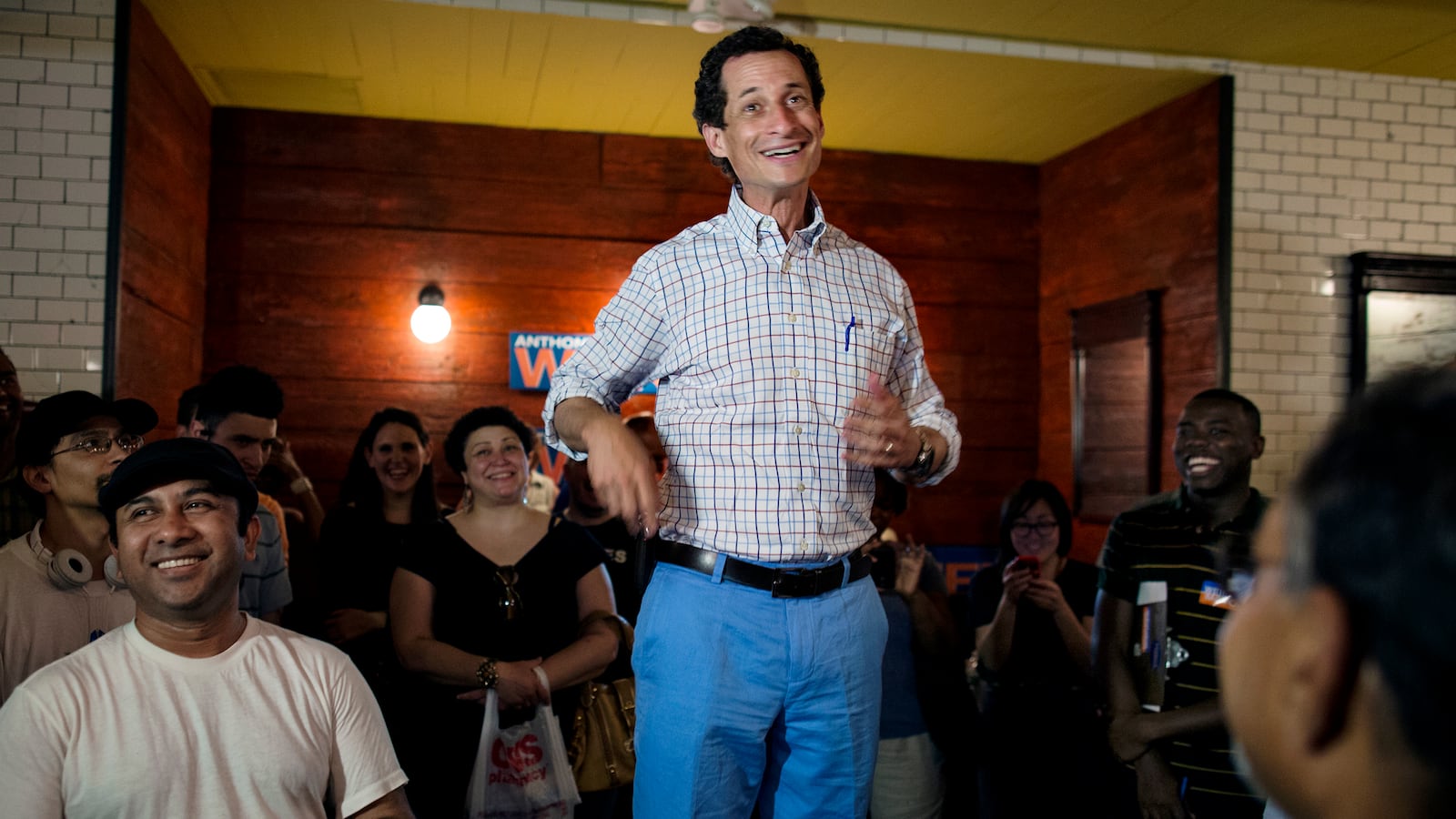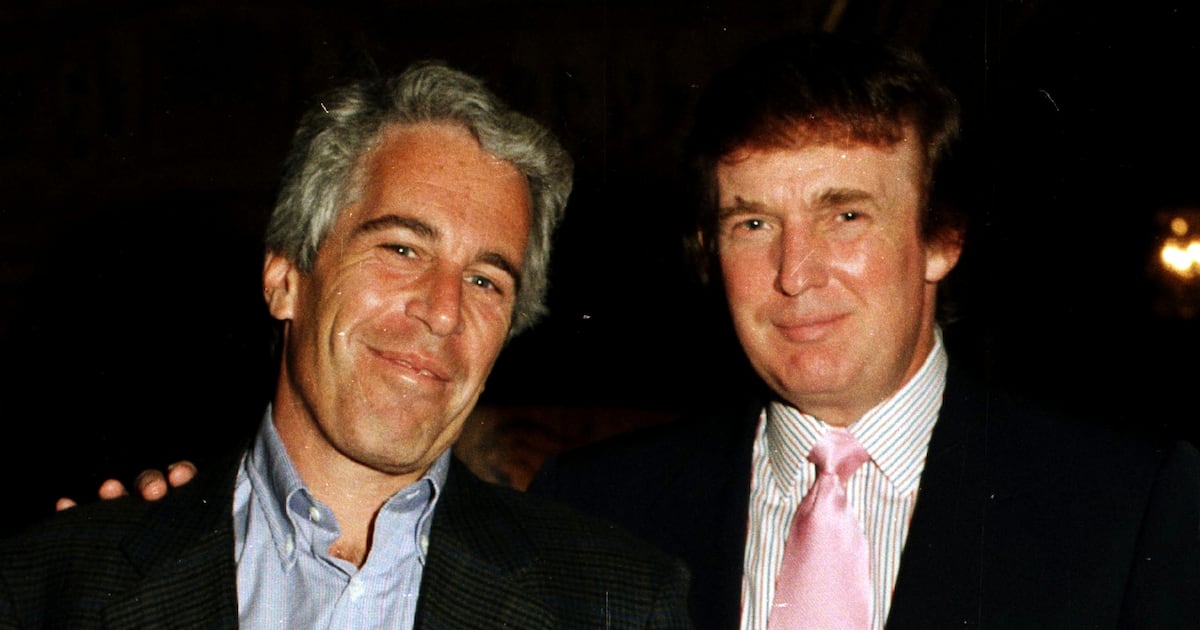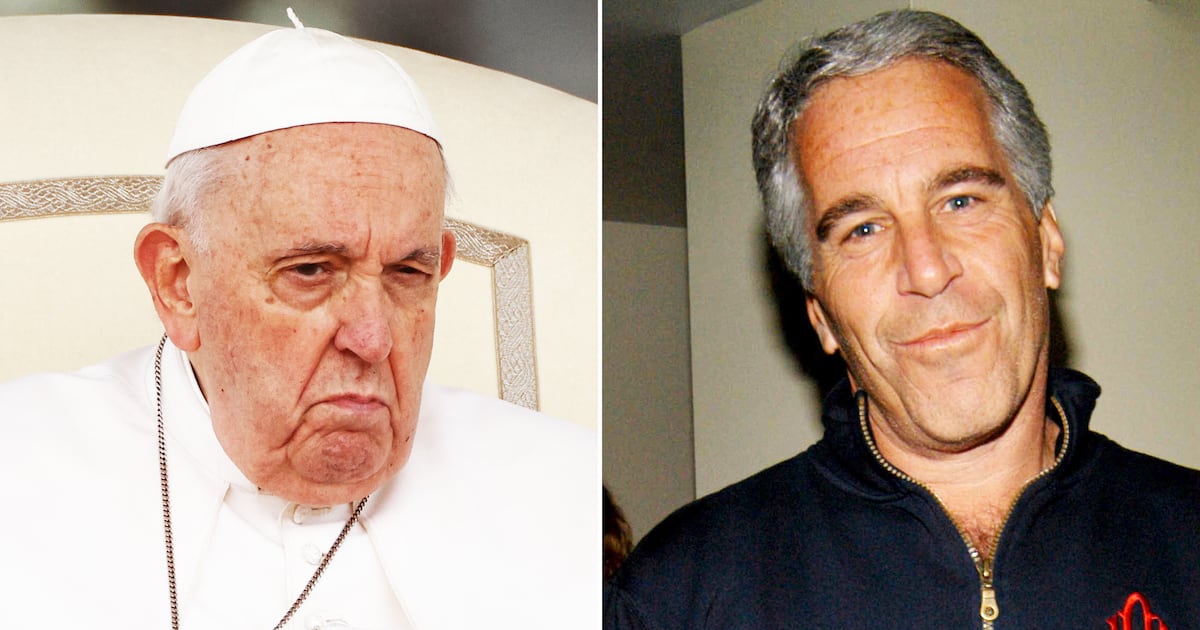Here’s a burning question the chattering class will be gnawing over at the beach this summer: can Anthony Weiner become the Paris Hilton of politics? More specifically, can the crotch-tweeting ex-congressman use what many would consider an irretrievably humiliating sex scandal to supercharge his Q score and propel himself on up the ladder? Back in the spring, when Weiner was unfurling his campaign for New York mayor to a chorus of snickers, the possibility was unthinkable. Now, with polls showing him tied or leading the primary pack, one wonders if perhaps Marco Rubio or Rand Paul should start tweeting pics of their junk in preparation for 2016.

To be sure, a long stretch of road still stands between Weiner and Gracie Mansion. But win or lose, his speedy transformation from punchline to frontrunner—especially coming hot on the heels of disgraced South Carolina former governor Mark Sanford’s resurrection as a congressman—suggests we’re entering a new era in political sex scandals. The terrain is at once starkly modern, and strangely retro in a pre-feminism Mad Men sort of way.
Politicians and sexual misbehavior have always gone together like peanut butter and chocolate, scotch and soda, Paula Deen and plantation weddings. Trying to root illicit sex out of politics is like trying to take the money out of the game: a lovely, high-minded goal that invariably leads to frustration, increased cynicism, and the occasional ethics probe.
Once upon a time, pols screwed around more or less with impunity. The press looked the other way. Their aides and wives looked the other way. Even their political opponents were too busy managing their own mistresses to object. JFK had the sexual habits of a Roman emperor, and no one around him cared—at least not enough to make a stink about it. Occasionally someone’s misbehavior would prove exotic enough to catch the public’s eye, such as Wilbur Mill’s frolicking with Fanne Foxe. But in general, private infidelities were considered irrelevant to public service.
But late last century, Bill Clinton learned the hard way just how dramatically the landscape had changed. Blame it on feminists. Blame it on the media. Blame it on Republicans’ delight in flogging Family Values and Dems’ delight in screaming “hypocrisy!” For whatever reasons, public tolerance of political sexcapades plummeted and more and more Masters of the Universe wound up with their tackle caught in the wringer. Not every scandal was fatal. But for every David Vitter or Barney Frank who survived, there was a Larry Craig, Bob Livingston, John Ensign, James McGreevey, Kwame Kilpatrick, Christopher Lee, Eliot Spitzer … You get the point.
Now it seems as though we’re coming full circle. Kinda. It’s not that people are looking the other way when it comes to politicians’ philandering. If anything, the media storm and public outcry that instantly swallow up any pol caught acting out have made political parties act more quickly than ever to boot a cheater out the door.
But being shown the door is not the same as having it shut and barred behind you. And while it used to be that rehabilitating a public image could take a decade or more (see: Gingrich, Newton Leroy), the warp-speed media cycle is compressing this process much as it has everything else.
So it is that Mark Sanford can not just cheat on his wife and lie to the electorate but also go AWOL from the governor’s mansion, play around with public funds, and become a national laughingstock with all his hearts-and-flowers blubbering about soul mates—and then, less than four years later, persuade voters to send him to Congress. Better yet, part of Sanford’s sales pitch was that his personal failings had actually turned him into a better, more compassionate pol.
Anthony Weiner’s lemons-to-lemonade story has the potential to be even more dramatic. For Sanford, going from governor to congressman was a step backward—especially for a guy who, pre-scandal, was being talked about as a national contender. For Weiner, however, going from moderately-well-known congressman to mayor of New York would be a big step forward, one that likely would have been more challenging without his newfound star power.
Does this mean aspiring young pols should dash right out and get tangled up in a sexy scandal? No. Well, probably not. But it does seem as though the American electorate is, if not abandoning its hard-core sex-police phase, at least loosening up on the terms of punishment. Maybe we’re again deciding that personal failings do not automatically render a person unfit for office. Maybe the shrinking of our own zones of privacy makes us more sympathetic to those who live in fishbowls. Maybe we’re exhausted by the endless cycle of outrage thrust upon us by the current scandal culture. Or maybe we’re just turning into France.
Which raises a far scarier question for political watchers to ponder: how long before John Edwards tries to get back in the game?






